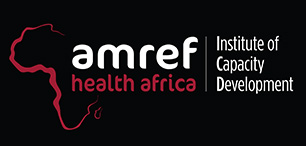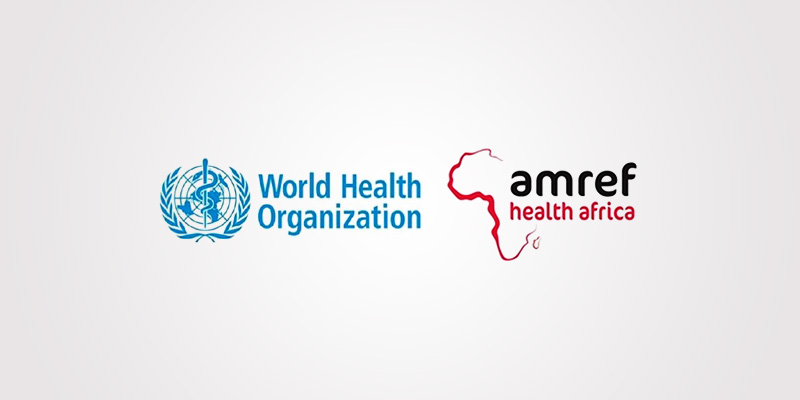Laboratory confirmation of malaria infection is an essential component of fever case management, and should be provided at all levels of healthcare to ensure correct patient management, and minimise the use and cost of anti-malarial drugs. The Global Technical Strategy for Malaria 2016–2030 was adopted by the World Health Assembly in May 2015 with the aim of achieving a malaria-free world by 2030. To achieve this goal, countries must adopt policies and practices that improve the quality of malaria diagnosis. The detection of malaria parasites by quality assured microscopy remains the reference method for clinical diagnosis of malaria. This will retain clinicians’ confidence in laboratory results, leading to improved case management and appropriate use of antimalarial drugs.
The overall aim of the course is to establish core national and regional experts in malaria microscopy to promote implementation of quality malaria diagnostic services in countries across Africa.
The objectives of the External Competence Assessment of Malaria Microscopists course are to:
- Objectively and formally assess the competence of senior-level malaria microscopists according to international standards.
- Provide refresher training in all aspects of malaria microscopy based on standardised instruction and revision.
- Produce a concise report on the results of the activity, including, based on discussions with the ECAMM participants, preliminary observations for malaria microscopy quality assurance (QA) improvements in the country.
The course assesses essential knowledge and competences in all aspects of malaria microscopy, and provides competence levels according to the World Health Organization (WHO) approved grading system. Participants achieving Levels One and Two are expected to provide and facilitate quality training in malaria diagnosis, specifically microscopy, to improve the quality of malaria diagnosis at pre-service and in-service levels; and to support national quality assurance programmes. Participants at Levels Three and Four are expected to take steps to improve their performance and return after one year for reassessment.
This course is organised jointly by the World Health Organization Regional Office for Africa (WHO AFRO) and Amref Health Africa’s Regional Laboratory Programme. The course is held at Amref Laboratory, Nairobi, Kenya. Alternative locations are considered on request. A maximum of 12 participants are accepted per course.
The course will be conducted in Nairobi, Kenya, on the following dates:
- 15−19 April 2024
- 13−17 May 2024
- 17−21 June 2024
- 21−25 October 2024.
Participants may be laboratory technologists, laboratory technicians, laboratory scientists and pathologists working mainly in the malaria or parasitology section of the laboratory, and who have oversight responsibilities for improving malaria diagnostic services in their countries or regions. It is expected that National Malaria Control Programmes will play a major role in nominating participants involved in national malaria diagnostic activities.
This 5-day intensive and interactive course has a minimum structured time of 35 tutor contact hours, consisting of lectures, presentations and discussions, laboratory practice and slide review, and demonstrations. Daily sessions will be 4 hours in the morning and 3 hours in the afternoon each day for theory lectures and discussions, and reading and review of pre-prepared slides characterised to WHO standards.
By the end of this course participants are expected to have covered the following modules:
- Module 1: Course introduction, structure and administrative issues
- Module 2: Overview of malaria: global malaria situation and epidemiology of malaria
- Module 3: Microscope use and care
- Module 4: Revision of malaria parasite species (P.f, P.v, P.o, P.m and P.k) morphology
- Module 5: Revision of malaria parasite counting
- Module 6: Revision of blood elements, pseudo-parasites and artefacts
- Module 7: Quality assurance programmes in malaria laboratory diagnosis.
Participants should be prepared to provide information on quality assurance programmes in malaria diagnosis, including preparing draft workplans for improving malaria microscopy services for their countries.
Throughout the course, participants will be assessed to determine their acquisition of knowledge, skills and competence. Participants will be finally assessed according to WHO Levels from One (most competent) to Four (least competent), based on performance, and will receive a certificate indicating the Level achieved.
USD 1400 per person which covers the following:
- USD 710: for tuition which includes: provision and maintenance of the slide bank, training materials including course coordination, laboratory supplies and use of equipment and training facilities
- USD 90: for lunch, tea and snacks – this cost is additional to tuition
- USD 600: for accommodation, dinner, local transport and incidental costs for residential participants.
Note:
- Fees do not cover return travel and visa expenses from the participants’ working stations to Nairobi; or care of pre-existing medical conditions.
- Travel insurance is mandatory for all participants attending Nairobi-based courses to cover medical emergencies.
For further information about the course, kindly contact:
The Laboratory Training Coordinator
Amref Health Africa, Headquarters – Laboratory Training Programme
P O Box 27691- 00506, Nairobi, Kenya
Nairobi
or
Email: [email protected] or [email protected]
For more details, click here to download the course information worksheet.
Want to enrol or know more about this course? Reach out here

